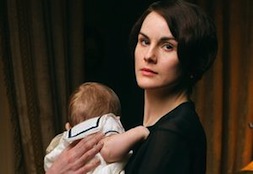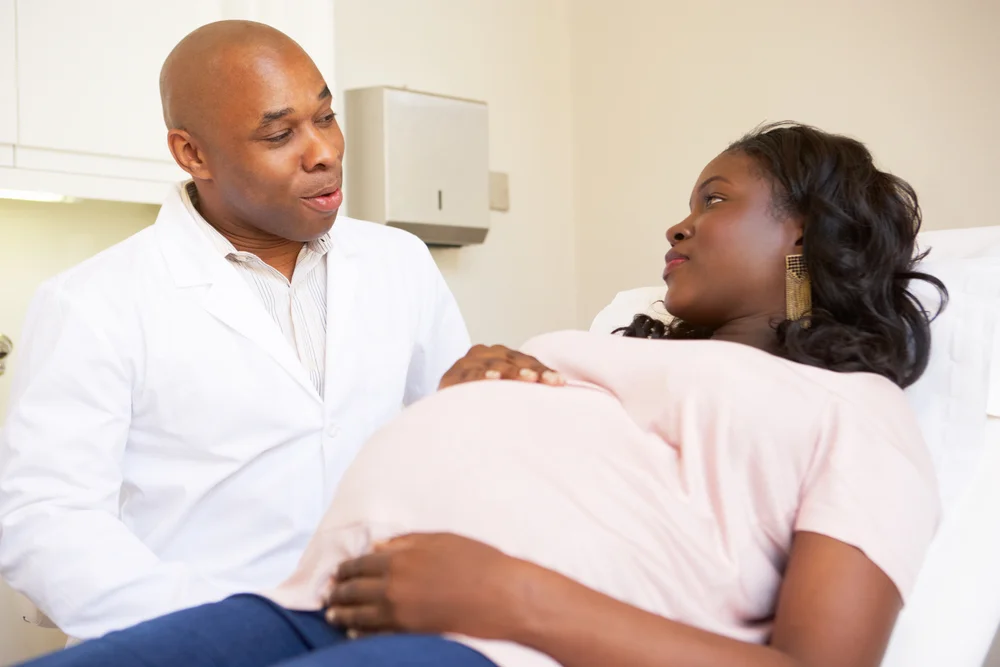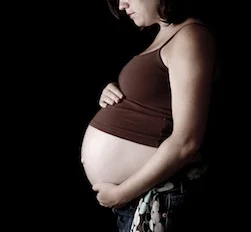Downton Abbey and Postpartum Depression
As a Downton Abbey fan, I was excited for the show's season premiere last Sunday night. And as the founder of a nonprofit dedicated to the emotional well-being of women and mothers, I was struck and saddened by the devastation of Lady Mary in the aftermath of childbirth and the death of her husband Matthew Crawley.
Whether this complex fictional woman we have come to love is suffering from postpartum depression, as some speculate, or simply grief, I felt tremendous empathy for her and her infant son George.
Because whatever the root cause of her deep sadness and isolation, the effects for her and her child are the same: a traumatic loss of bonding and sense of belonging that can have far-reaching consequences. And even though this popular story is a fictional one, it is not unrealistic.
Depression during motherhood is common, underdiagnosed, and rarely treated adequately. And the results of that neglect are many. Besides the obvious harm to a woman's happiness and health, just as the show depicts, depressed mothers are more likely to disengage from their infants. They are less likely to read, sing, and play with their children and sometimes talk to and touch their infants less frequently than moms who are not depressed – or whose depression is treated effectively.
And the children of mothers with untreated depression are at risk for higher rates of depressive disorders later in life. Other possible problems include separation anxiety, cognitive delays, difficulty handling stress and interacting with peers, behavioral problems, and even lower achievement scores.
This is not to say that all moms with depression or their children will experience these negative outcomes. But why let women and their families expose themselves to such risks? And why let mothers suffer alone and in silence? Why not prioritize the mental health of new moms as much as we do their physical health?
Wouldn't it be wonderful if we lived in a world where as much attention was paid to the mental well-being of real mothers as it is to the troubles of a fictional family from a time long ago? Even though the story is not true (and many of the people chatting about it are not mental health professionals), I'm glad people are busy trying to figure out just what is going on with Lady Mary.
And maybe if we all paid the same attention to the women in our lives who have just become new mothers, they would feel far less alone, and it would be much less scary to reach out for help.
If you think you may have postpartum depression, answer these simple screening questions.












